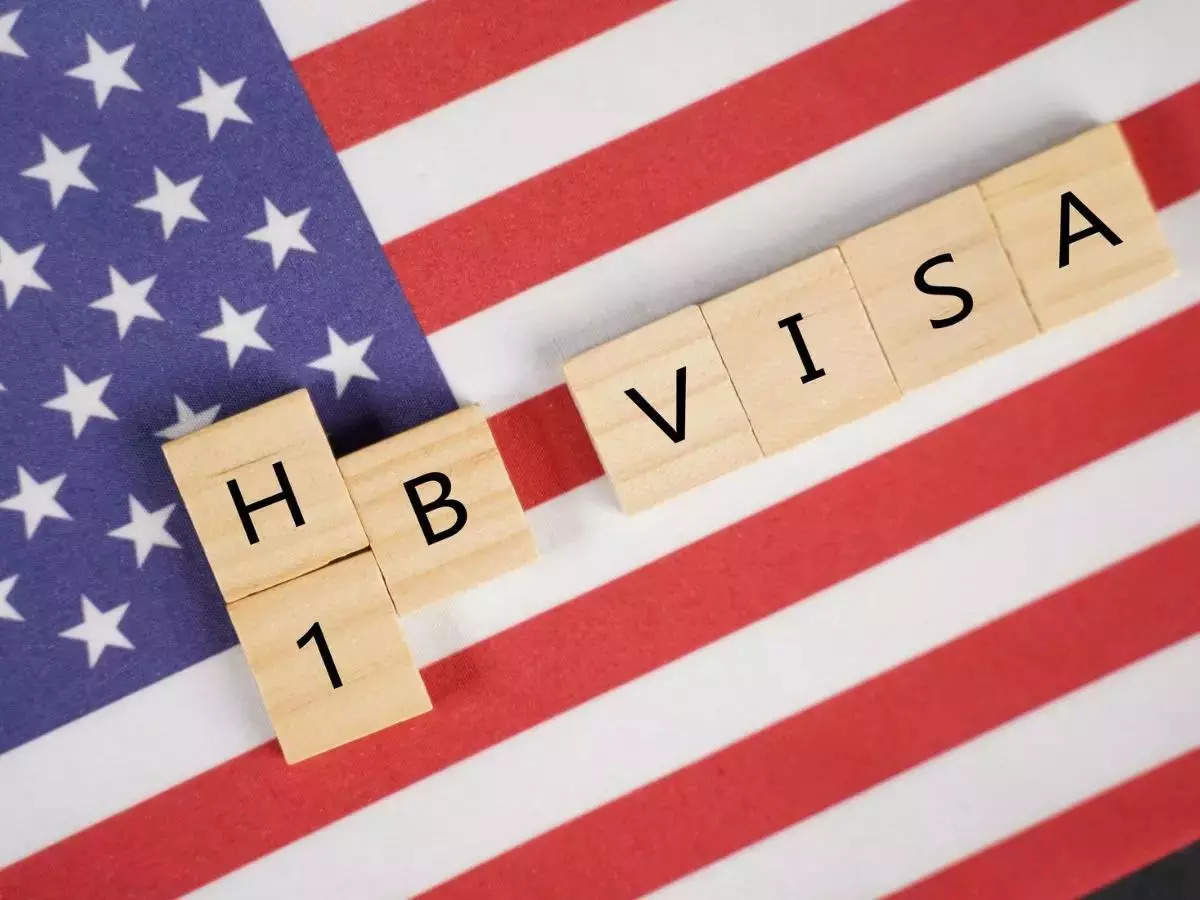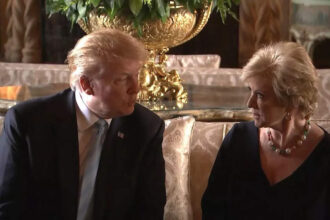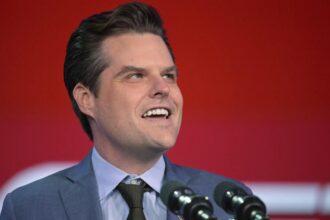The United States appeals court consisting of a three-judge panel on Friday upheld a federal regulation that allows the spouses of H-1B visa holders to work in the country, saying a recent Supreme Court decision curtailing the powers, had no bearing on this particular case.
The H-1B visa program is designed for highly skilled foreign professionals.
The US Court of Appeals for the District of Columbia Circuit ruled that federal immigration law grants the US Department of Homeland Security extensive authority to regulate the conditions under which visa holders are admitted into the United States.
The H-1B visa program is extensively utilised by the US technology sector to employ individuals in roles that necessitate specialised training or education. Prominent business organisations and technology giants, such as Google (a subsidiary of Alphabet), Amazon.com, and Microsoft, that had filed briefs with a lower court backing the 2015 rule.
These companies, in alignment with the Department of Homeland Security (DHS) argued that permitting the spouses of H-1B visa holders to work in the United States would encourage these skilled workers to pursue permanent residency through green cards.
This, in turn, would facilitate the retention of highly qualified employees by the companies that employ them.
The District of Columbia Circuit upheld a ruling made by a federal judge in Washington, dismissing a lawsuit filed in 2015 by Save Jobs USA, the organisation, which represents former Southern California Edison employees, claimed that they were replaced by immigrant workers.
The court found that the lawsuit, which challenged the legality of the rule, was similar to a case decided by the DC Circuit in 2022. In that case, the court rejected a challenge to a different regulation that allows foreign students to stay and work in the United States after completing their studies, as stated in the ruling issued.
Save Jobs USA had argued that the 2022 ruling was wrong and inapplicable to their legal action, as it was issued by the US Supreme Court’s in a case called Loper Bright Enterprises v. Raimondo in June, which limited the power of federal agencies.
The Supreme Court’s ruling abolished the long-established “Chevron deference,” a principle that required courts to yield to reasonable interpretations of ambiguous laws by the federal agencies responsible for enforcing them.
However, the DC Circuit determined that although its 2022 decision mentioned Chevron as a “fallback argument,” the court had independently found that the challenged rule in that case was clearly authorised by federal law, and said that was also true of the regulation at issue in Friday’s decision.
(With inputs from agencies)
The H-1B visa program is designed for highly skilled foreign professionals.
The US Court of Appeals for the District of Columbia Circuit ruled that federal immigration law grants the US Department of Homeland Security extensive authority to regulate the conditions under which visa holders are admitted into the United States.
The H-1B visa program is extensively utilised by the US technology sector to employ individuals in roles that necessitate specialised training or education. Prominent business organisations and technology giants, such as Google (a subsidiary of Alphabet), Amazon.com, and Microsoft, that had filed briefs with a lower court backing the 2015 rule.
These companies, in alignment with the Department of Homeland Security (DHS) argued that permitting the spouses of H-1B visa holders to work in the United States would encourage these skilled workers to pursue permanent residency through green cards.
This, in turn, would facilitate the retention of highly qualified employees by the companies that employ them.
The District of Columbia Circuit upheld a ruling made by a federal judge in Washington, dismissing a lawsuit filed in 2015 by Save Jobs USA, the organisation, which represents former Southern California Edison employees, claimed that they were replaced by immigrant workers.
The court found that the lawsuit, which challenged the legality of the rule, was similar to a case decided by the DC Circuit in 2022. In that case, the court rejected a challenge to a different regulation that allows foreign students to stay and work in the United States after completing their studies, as stated in the ruling issued.
Save Jobs USA had argued that the 2022 ruling was wrong and inapplicable to their legal action, as it was issued by the US Supreme Court’s in a case called Loper Bright Enterprises v. Raimondo in June, which limited the power of federal agencies.
The Supreme Court’s ruling abolished the long-established “Chevron deference,” a principle that required courts to yield to reasonable interpretations of ambiguous laws by the federal agencies responsible for enforcing them.
However, the DC Circuit determined that although its 2022 decision mentioned Chevron as a “fallback argument,” the court had independently found that the challenged rule in that case was clearly authorised by federal law, and said that was also true of the regulation at issue in Friday’s decision.
(With inputs from agencies)
Source : Times of India






